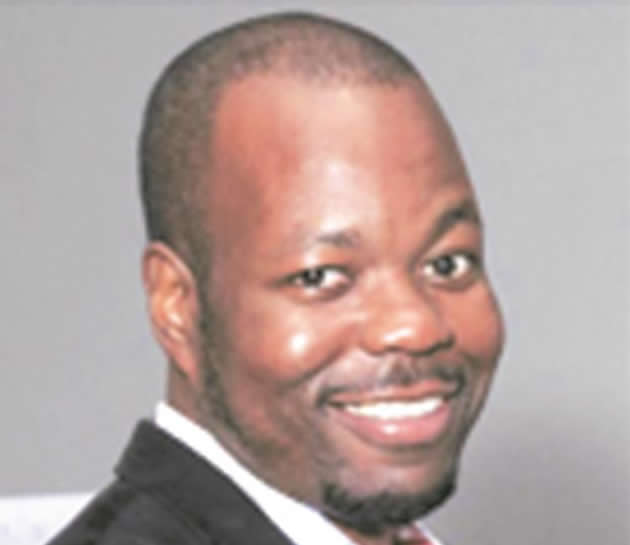Moza allocate funds for Ebola prevention

MAPUTO. — Mozambique health authorities announced on Thursday that they have allocated 2 500 protection kits to help doctors prevent the Ebola virus, state media reported yesterday.
The health authorities are investing nearly US$1 million in the purchase of the kits, as part of its attempt to prevent and control the disease, though no case has yet been reported in the country, the state newspaper Noticias cited the government as reported.
Since the virus was declared as an international public health issue, the authorities reacted immediately, identifying a spot in the Mavalane hospital in Maputo, where patients will be isolated in case they are detected.
Meanwhile, the authorities expressed concerns over the flux of misinformation over the disease, particularly through social media. This is the reason why the Health Ministry organised a training for journalists and appealed for dissemination of accurate information.
The training benefited journalists from different media organisations, and provided all the information possible over the Ebola virus and how people get infected.
The Scientific Director of the National Health Institute, Eduardo Samo Gudo, clarified in the training that all the information displayed through social media, indicating the existence of the disease in the Southern Africa Development Community was mere speculation.
Meanwhile, fresh cases of Ebola infection have been recorded in Nigeria, where the highly contagious disease has already claimed five lives, Minister of Health Onyebuchi Chukwu said yesterday.
The Nigerian official said the new cases of Ebola are spouses of health workers who had primary contacts with the index case, Patrick Sawyer, a Liberian-American, who spread the virus to Africa’s most populous country.
The new cases are the first secondary contacts to test positive to the Ebola virus in Nigeria, noted Chukwu, who spoke to reporters in Abuja, capital of the West African country.
“The secondary contacts had been under surveillance since the outbreak of the disease in Nigeria,” he added.
The World Health Organisation (WHO) also said the magnitude of the Ebola outbreak, especially in Liberia and Sierra Leone, has been underestimated.
According to WHO, many families in the affected countries hid infected family members in their homes.
The fast-moving outbreak created challenges for international partners providing support, WHO said.
Quantities of staff, supplies, and equipment, including personal protective equipment, cannot meet the need.
In rural villages, corpses are buried without notifying health officials and with no investigation of the cause of death, according to WHO.
In some parts of Liberia, most notably in Monrovia, virtually all health services have shut down. Lack of access to any form of health care contributed to the mobbing incident on Saturday at an Ebola holding facility in the West Point township, Liberia’s most disease-prone slum.
Rumours spread that the holding facility, hastily set up by local authorities in an abandoned schoolhouse, was actually a clinic for general health care. People from other communities brought their ailing family members there, where they were housed together with suspected Ebola patients, according to WHO.
“No one knows when this Ebola outbreak will end,” WHO spokeswoman Fadela Chaib told a press conference, adding that the Ebola virus and outbreak will be with us for months to come. She said that with more cases reported, including in the three hot places, Guinea, Liberia, and Sierra Leone, the situation is not yet over.
“Ebola will not be over until two incubation periods, which means 42 days, without any confirmed case appeared in a country,” she said.
Ebola spreads through body fluids and has killed over 1,300 people in West African countries this year. — Xinhua.








Comments